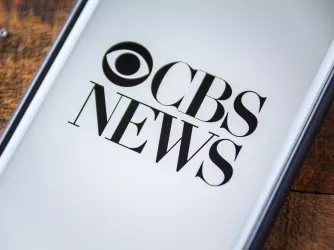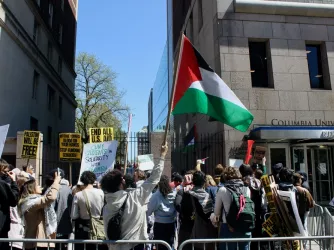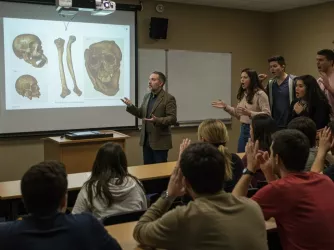Table of Contents
COVID-19 campus closures lead to questions about university overreach

With educational institutions increasingly closing their campuses and moving to online classes in response to COVID-19, university regulations on off-campus conduct raise fresh questions about the scope of university power over students.
For example, at Indiana University, campus police have broken up off-campus parties attended by IU students, threatening disciplinary action against students who violate government social distancing guidelines and stay-at-home orders. At the University of Dayton in Ohio, police in riot gear broke up students partying after the university suspended classes and campus housing. Also, at Clemson University, administrators promised disciplinary sanctions against students who continue to flaunt a ban on large gatherings.
Violations of local and state law, as well as disruptions to the normal operations of the university, are grounds for university discipline in virtually every code of student conduct. However, when it comes to university rules untethered to illegal acts, it remains an open question how far these rules can extend to ensure student safety during a pandemic.
The scope of these rules merits heightened scrutiny when they conflict with the university’s obligation to uphold students’ constitutional and statutory rights. Students have the First Amendment right “to associate with others in pursuit of a wide variety of political, social, economic, educational, religious, and cultural ends” — from fraternity parties to meetings for local community organizations. As students’ interactions become increasingly limited to online contacts, the institution’s interests in protecting safety may, in some cases, diminish, limiting their ability to penalize or police student expression.
That institutions may assert dubious safety rationales that burden students’ rights is not merely theoretical. In the name of student safety before the COVID-19 outbreak, FIRE has seen universities ban students from communicating with one another over social media; punish students for seeking to form an off-campus, non-university affiliated group; and, in a particularly egregious instance of administrative overreach, level Title IX charges against a student at another college. (We’re looking at you, Rensselaer Polytechnic Institute.)
In these circumstances, where university restrictions impinge upon constitutional rights, we’ve criticized schools for imposing regulations having little to no relationship with the ills supposedly addressed. This reflects a central principle of American constitutional law: If the government seeks to restrict liberty, especially the core freedoms enshrined in the Bill of Rights, the restriction must actually further the alleged goal. When universities assert dubious or pretextual safety rationales to justify rights restrictions, it damages their credibility for when legitimate safety concerns actually require incremental burdens on expressive or associational rights.
As governments home and abroad take extraordinary repressive measures in response to COVID-19, FIRE is keeping a sharp eye on universities that do the same. FIRE remains ready to push back against undue restrictions on students’ rights, and we will continue to monitor as circumstances evolve. To that end, we encourage students and faculty who believe their rights have been violated by their universities to reach out to us.
Recent Articles
FIRE’s award-winning Newsdesk covers the free speech news you need to stay informed.

The FCC's show trial against CBS is a political power play

UPDATE: Another federal appeals court backs academic free speech for public employees

Feds to Columbia: ‘You want $400 million in contracts back? Do this (or else)’
